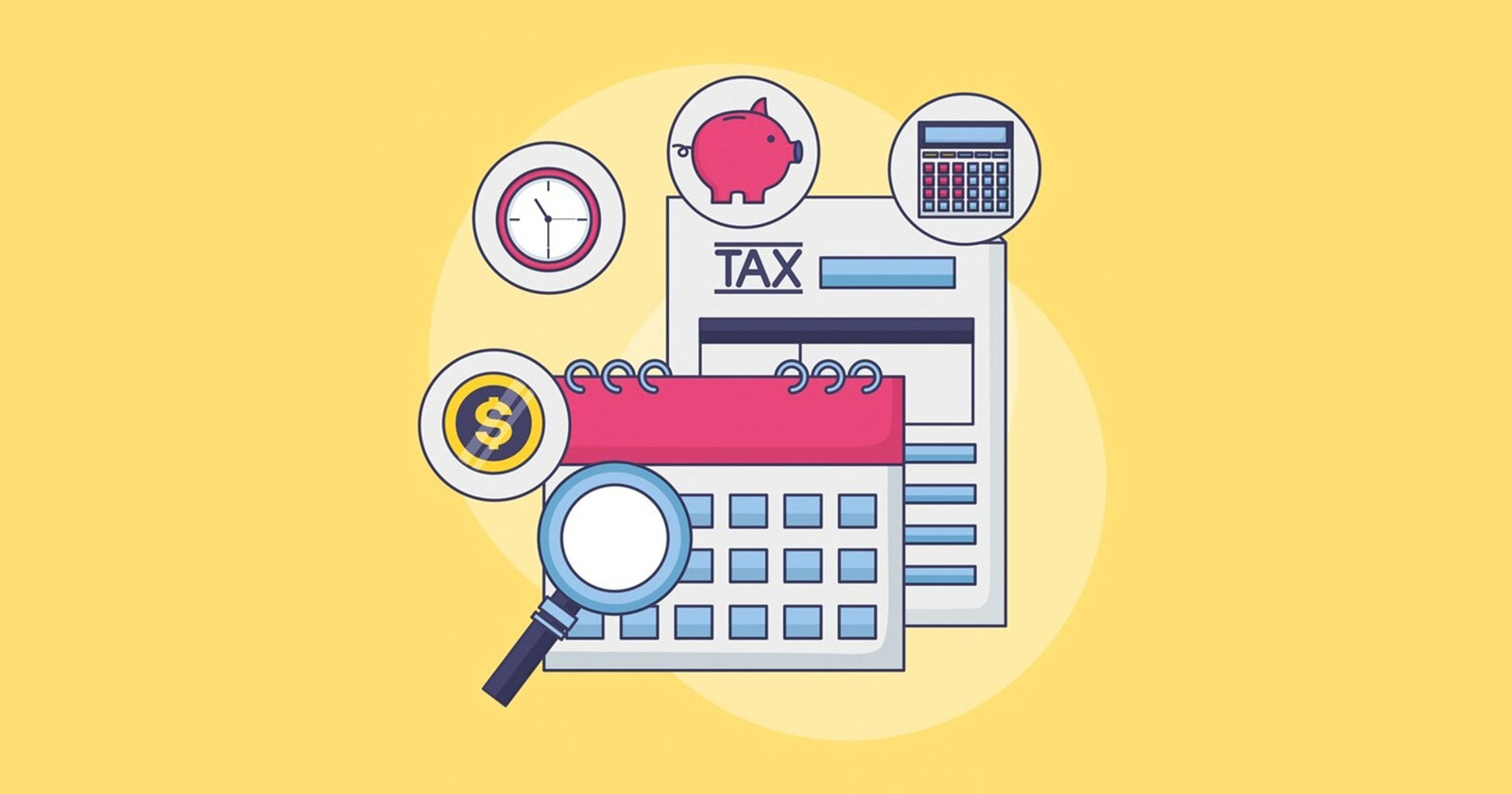Securing Your Family's Future and Reducing Tax Burden: The Benefits of Term Insurance

Benefits of Term Insurance – Tax Burden – Term Insurance – Taxscan
Benefits of Term Insurance – Tax Burden – Term Insurance – Taxscan
Term insurance is one of the most affordable life insurance products, acting as a safety net for your dependents in your absence. In addition to offering financial coverage, it is also an investment that allows you to save substantially on your taxable income. To learn more about the tax advantages of term insurance, continue reading this blog.
What are the Tax Benefits of Term Insurance Policies?
Under the Income Tax Act of India, policyholders are eligible for tax benefits under Sections 80C, 80D, and 10(10D). Below are the tax benefits of term insurance under each section:
● Benefits Under Section 80C
Under Section 80C of the Income Tax Act, you can claim a tax deduction of up to ₹1.5 lakh for premiums paid on your term life insurance policy. This benefit applies to life insurance premiums and other eligible investments like ULIPs, PPF, and EPF.
- The annual premium paid should not exceed 10% of the actual assured amount. If it is more than 10%, the deduction is calculated proportionately.
- For policies issued before March 31, 2012, taxpayers can claim term insurance deductions under Section 80C, but only if the annual premium paid does not exceed 20% of the sum assured. This condition ensures that tax benefits are granted within specific limits set by the Income Tax Act.
● Benefits Under Section 80D
Most term insurance plans offer riders like critical illness coverage, surgical care coverage, and other similar covers, which require higher premiums. These premiums are eligible for tax deductions under Section 80D of the Income Tax Act. Below are some of the conditions to avail of the tax benefits under Section 80D:
- Policyholders below 60 can claim a maximum of ₹25,000 on premiums paid for term insurance plans with critical illness coverage.
- Policyholders above 60 can claim a maximum of ₹50,000 on premiums paid for term insurance plans with critical illness coverage.
- Benefits Under Section 10(10D)
The death benefit paid to the nominee or beneficiary is not included in taxation under Section 10(10D) of the Income Tax Act. The death benefit consists of the sum assured and a bonus or additional amount payable by the insurer.
How Can Tax Regimes Affect the Tax Benefits of Term Insurance Policies?
The Union Budget of 2023 launched the new tax regime, which allows term insurance policyholders to claim their tax benefits from either the old or the new regime. The table below showcases the comparison for a better understanding:
| Tax Benefits | Old Tax Regime | New Tax Regime |
| Section 80C | Can be claimed | Cannot be claimed |
| Section 80D | Can be claimed | Cannot be claimed |
| Section 10(10D) | Death Benefit is Tax-free | Death Benefit is Tax-free |
Choosing the Right Term Insurance Plan for Maximum Tax Benefits
Here are a few key points that you must pay attention to to maximise your tax benefits:
- Opt for a policy that allows flexible premium payment options and is eligible for up to ₹1.5 lakh deduction per annum.
- Opt to extend the policy term so you can provide long-term financial security to your family or nominees.
- Increase coverage by availing of riders in your term plan, such as critical illness surgical care for tax benefits under Section 80D.
The Bottom Line
Term insurance not only provides valuable financial security to your dear family members but also offers tax benefits. Once you are aware of the various tax reliefs under Sections 80C, 80D, and 10(10D) of the Income Tax Act, you can make clever decisions to reap maximum savings. By balancing your insurance needs and tax-saving goals, term insurance becomes a smart and cost-effective financial tool.


